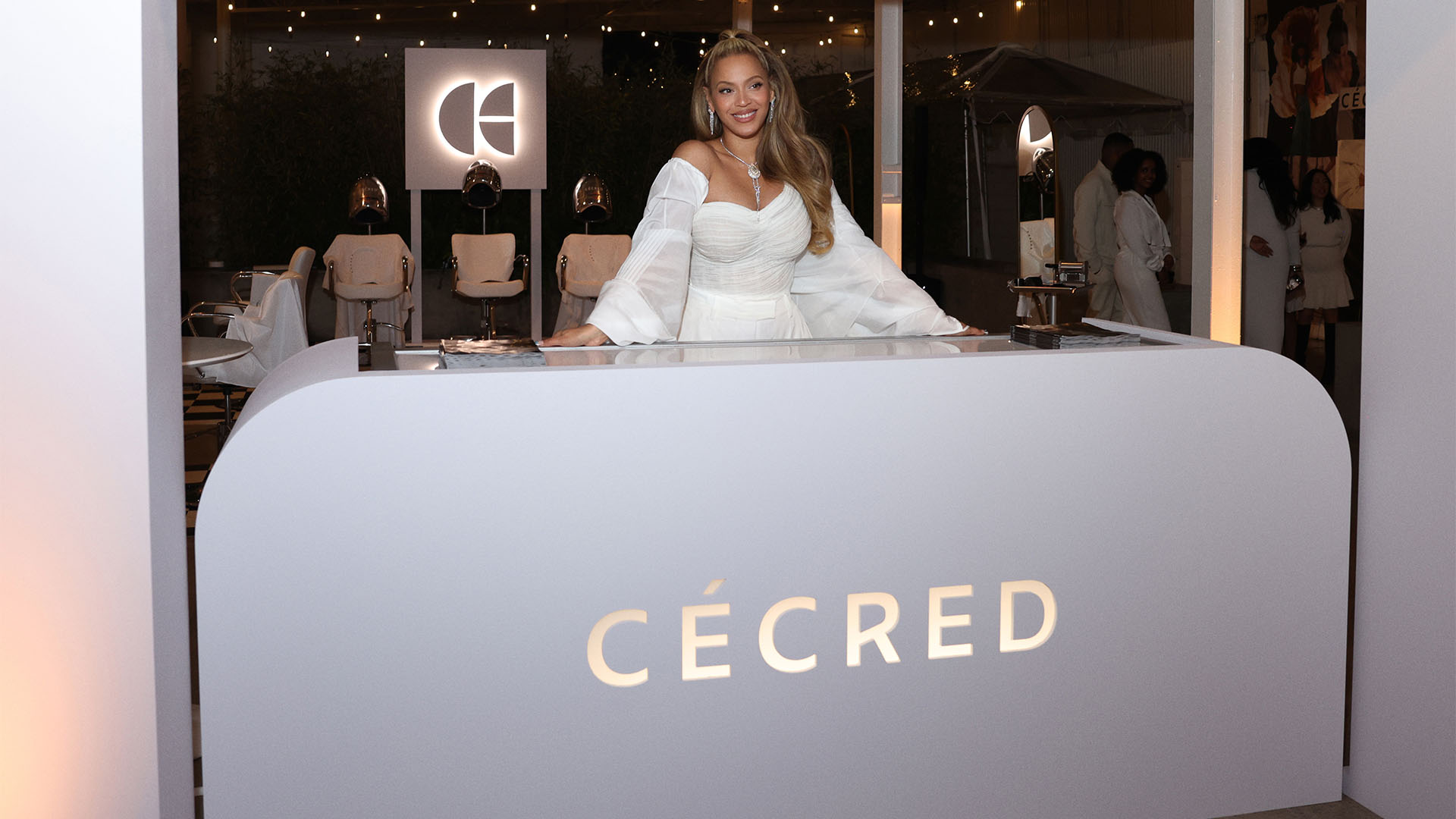“You know you’ve picked the hardest issue to solve, right?” Those were the words from a potential investor after I completed a funding pitch for my company Patientory.
His response wasn’t new to me. I knew healthcare was broken from my previous experience of working in a digital healthcare startup. Any healthcare entrepreneur should be aware of the amount of time (years) needed to invest in an innovative healthcare product and see it through. After figuring this out, I prepared for the long haul. It’s very different when you experience it, versus when you just observe it. However, what I did know for sure was that I was up for the challenge. I also knew this pitch wasn’t my first and it wouldn’t be my last.
I created Patientory to empower consumers with an application they can use to improve their overall health and well-being. Coupled with an enterprise solution that can integrate electronic medical records, through personal experience and research, I realized healthcare that’s more personalized, leads to better patient satisfaction and a healthier lifestyle. Now, we are the world’s first healthcare cryptocurrency and HIPAA-compliant blockchain network, with more than 50 nodes registered worldwide, building a foundation to accomplish the goal I decided to achieve.
To date, Patientory has raised more than $7 million in funding. While the image of venture capital (VC) funding and pitching may seem like an easy task for founders, for women of color, it’s a constant uphill battle.
For several years, it’s been public knowledge that pitch rooms have been inaccessible and unwelcoming to women of color. digitalundivided’s ProjectDiane 2018 study found that over the past decade, Latinx women-led startups have only received .4 percent of $400 billion in VC funding between 2009 and 2017, and only 58 Latinx women have ever raised over $1 million in venture funding.
Additionally, African-American women have only raised 0.0006 percent, accounting for $289 million of the $400 billion total tech venture funding raised since 2009. While there have been strides to fix the issue, infiltrating the venture capital space with diversity has proven that we certainly have a ways to go. My goal, however, is to not only revisit the disparities (i.e. lack of access to capital, investors, and resources) that are present in the startup ecosystem but also provide insight and advice to women looking to make bold moves in their respective industries.
In year four of growing Patientory, I can say I’ve truly grown by leaps and bounds as an entrepreneur. In my forthcoming book, “Future Women,” I talk about these barriers to entry and capital for Black and brown women. Here are a few important aspects to consider when looking to fund your entrepreneurial dream:
Lean on Your Personal Network
It’s important for women to build awareness around entrepreneurship and consider multiple sources to build their business outside of VC funding. My first round of funding came through a token sale and not necessarily through VC funding. A token sale happens when a company issues newly minted cryptocurrency in exchange for other cryptocurrencies, like bitcoin or ethereum, for use on the company’s platform. The funds raised help to develop a new blockchain network. Oftentimes, this is a source of capital for blockchain start-ups.
With this method, I was able to raise $7.2 million in three days. It’s not to say that this will be everyone’s story, but I had initially tried the typical method of VC outreach. Unfortunately, what I found was that there was no historical record of Black women in the boardroom, especially with venture capitalists. Honestly, many potential investors were afraid to invest not only in my company but also in me. In the early stages, I reached out to over 500 VCs for funding, and each and every one of them said, “no.” This ongoing scenario makes the experience three times as hard for women of color.
The Process Takes Time
It takes time to get a company in any emerging space profitable. For example, speaking with customers about blockchain is a different conversation than it was three years ago. Starting Patientory provided me with a certain amount of resilience and grit I didn’t know I had (yet needed), and I learned that being an entrepreneur is not just an occupation, it is a complete mindset.
Find Your Tribe
An ecosystem is one of the most important drivers for the survival of startups and the female minority entrepreneur. Patientory has thrived because my ecosystem of supporters has provided resources and opportunities I’ve needed to keep me on track; whether that meant more access or resources to help expand different aspects of the business, marketing know-how to help grow the company, financial expertise to help smooth out day-to-day operations, or just validation about my business plan with business coaching and support.
Patientory’s first investor in the accelerator was Colorado Permanente Group/Kaiser Permanente. CEO Bernard Tyson, who recently passed away, encouraged my entrepreneurial journey in the healthcare field. I’ve found support to be a critical characteristic and resource many startups need to thrive, just a much as capital.
Avoid the “Rose-Colored Glasses” Mentality
Ask any entrepreneur, and they will tell you that building anything from the ground up is hard work. I stress the importance to many up and coming founders to remove the fantasy from your mind. It may creep in, but it cannot take over. Not all projects will be successful but will serve as a good precursor in building the business’ brand and market viability.
Keep the Back-Office in Mind
The back-office is as important or more important as sales and marketing. Having your company’s financials and audits in place is just as important in keeping doors open as sales are.
What I want female founders of color to know and understand, if nothing else, is that you will take on more career risks when you stay put, so move now, fail quickly. You must take risks, make mistakes, and get up and try again. You will hear the word “no” at least 500 times, but all you truly need is one “yes,” a tribe of supporters, and a future women mindset to create your seat at the table.
















